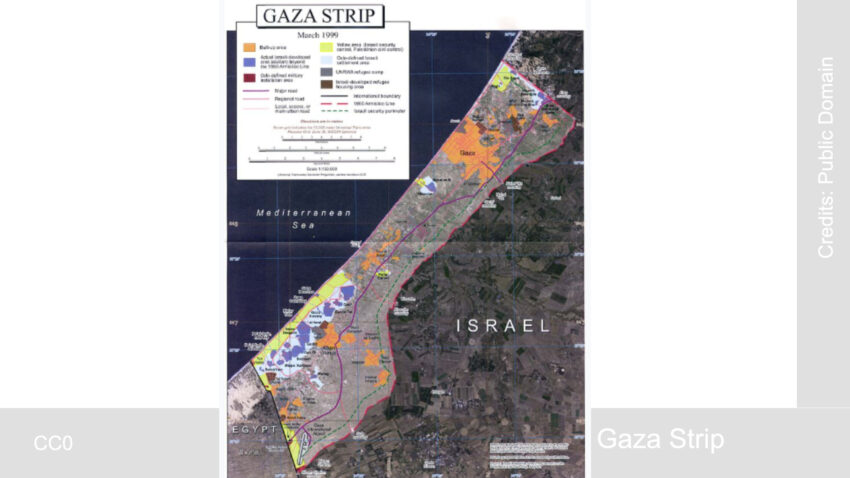Sinwar’s leadership was pivotal to Hamas’s strategies, and his death has left a void that may lead to a power struggle within the organization. Various sources, including BBC News, have highlighted the impact of Sinwar’s death on Hamas’s operational capabilities. While some experts believe this could weaken Hamas, others argue that the group will continue its resistance against Israel.
- Leadership Void in Hamas: Yahya Sinwar’s death has created a significant leadership vacuum within Hamas, potentially leading to internal power struggles and affecting the group’s operational strategies.
- Impact on Israeli-Palestinian Conflict: Israeli officials see Sinwar’s death as a victory, but within Gaza, he was a symbol of resistance, and his assassination may lead to increased unrest and retaliatory actions against Israel.
- Diplomatic Challenges: Sinwar’s assassination complicates negotiations, particularly concerning the release of hostages and ceasefire agreements, while also impacting relationships with regional actors like Hezbollah and Iran.
- Uncertain Future for Hamas: Speculation around Sinwar’s successor includes his brother, but doubts remain about whether any leader can match Yahya Sinwar’s influence and strategic leadership.
The death of Sinwar has not only impacted Hamas but has also stirred reactions on both sides of the conflict. Israeli officials have expressed a sense of triumph, considering Sinwar’s elimination as a step towards achieving their objectives in Gaza. Conversely, within Gaza, Sinwar was revered by many as a symbol of resistance, and his death might provoke further unrest and retaliation against Israel.
Sinwar’s assassination has also complicated the diplomatic landscape. With his removal, Israel faces challenges in negotiating the release of hostages currently held in Gaza. The absence of a clear leadership within Hamas could hinder diplomatic efforts to reach a ceasefire or peace agreements. In the broader context, Sinwar’s death may lead to a shift in the dynamics of the Middle Eastern conflict, influencing the relationships and strategies of other regional players such as Hezbollah and Iran.
The future of Hamas without Sinwar is uncertain. Speculations about his successor have emerged, with some suggesting that his brother, Mohammed Sinwar, might take over leadership. However, doubts remain about whether he or any other leader can fill the vacuum left by Yahya Sinwar’s strategic and charismatic leadership.
In conclusion, while Sinwar’s death is a significant development in the Israeli-Palestinian conflict, it also presents new challenges and questions about the future of Hamas and the possibility of achieving lasting peace in the region. The coming weeks and months will be crucial in determining how Hamas reorganizes itself and how Israel and other international players respond to this change.

